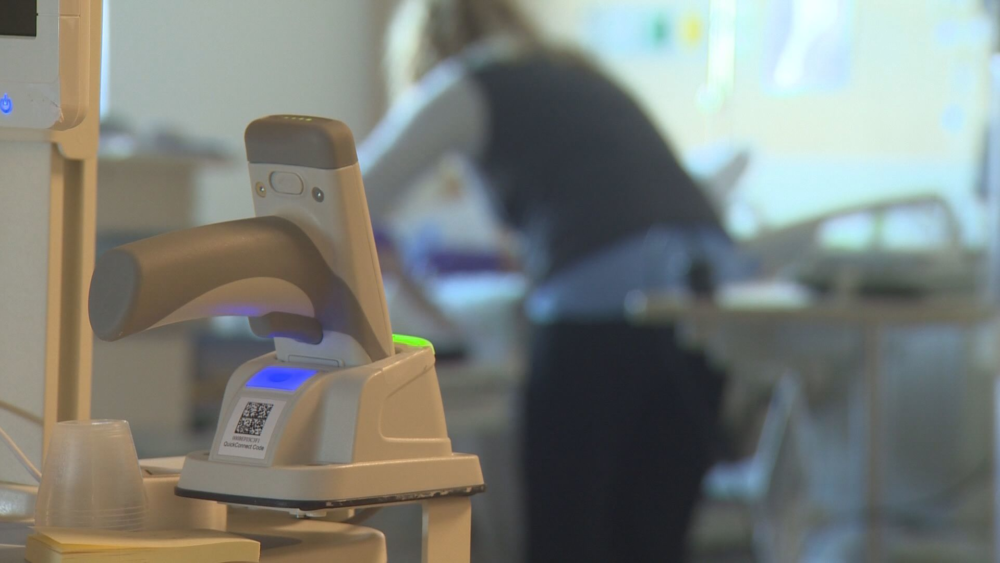MONTPELIER, Vt. (WCAX) – Is a program designed to alleviate Vermont’s nursing shortage taking a toll on regulators’ budget? Vermont’s interstate nursing licensure compact allows nurses and LPNs to practice across state lines, with the aim of bolstering the workforce. However, a new report says that administering the program is draining the budget of the Office of Professional Regulation.
Staff shortages have forced hospitals in recent years to rely on hiring more expensive traveling nurses. The UVM Health Network alone budgeted $350 million for traveling staff in the past three years, double the amount it costs to pay for permanent nurses.
“Our workforce crisis is probably the biggest threat facing our health care system right now,” said Jill Mazza Olson with the VNAs of Vermont.
Under a law passed two years ago, Vermont began offering multi-state licenses for registered nurses and licensed practical nurses to make it easier to practice across state lines. The state now has 3,294 nurses licensed in multiple states and over 6,517 nurses licensed only in Vermont. The state does not track where they are practicing, but administering the program has come at a toll, according to a new report. Nurses from other states with multi-state licenses are not paying for Vermont licenses.
“We knew this was going to cause a loss of revenue for the Office of Professional Regulation,” said Vermont Deputy Secretary of State Lauren Hibbert.
For a fee, the state administers certificates and licenses for dozens of professions from nursing to architects to real estate brokers. The OPR’s annual budget is $6.6 million. Administering the nursing compact alone will cost them $1.2 million every two years.
“Licensing revenue not only covers the cost of issuing the license and renewing the license but it also covers the cost of enforcement,” Hibbert said. She says they’ve already raised fees -but that those only fall on Vermont nurses.
Meanwhile, lawmakers are considering other inter-state compacts for vocations including occupational therapy and mental health. Multiple states are adopting interstate licenses, but Hibbert says state lawmakers need to come up with a new funding model for OPR.
Most agree that the compact is an important tool in recruiting, but it’s not clear how many people it’s bringing in. “This is a strategy that makes it easier for us to bring in nurses — it’s as simple as that,” Mazza Olson said. She adds that investments and paying for loan forgiveness and workforce training are big pieces of the puzzle. “It will always be hard for us to identify which of our strategies is creating change but we need all of them because our problem is so significant.”
The examination of the licensure program follows a recent review of workforce programs from state auditor Doug Hoffer that raised questions about whether they are paying off.
Related Stories:
Are investments to solve Vermont’s nurse shortage paying off?
State hopes new licensure compact will attract nurses to Vermont
The move for more money: Vt. struggles to address nursing crisis

